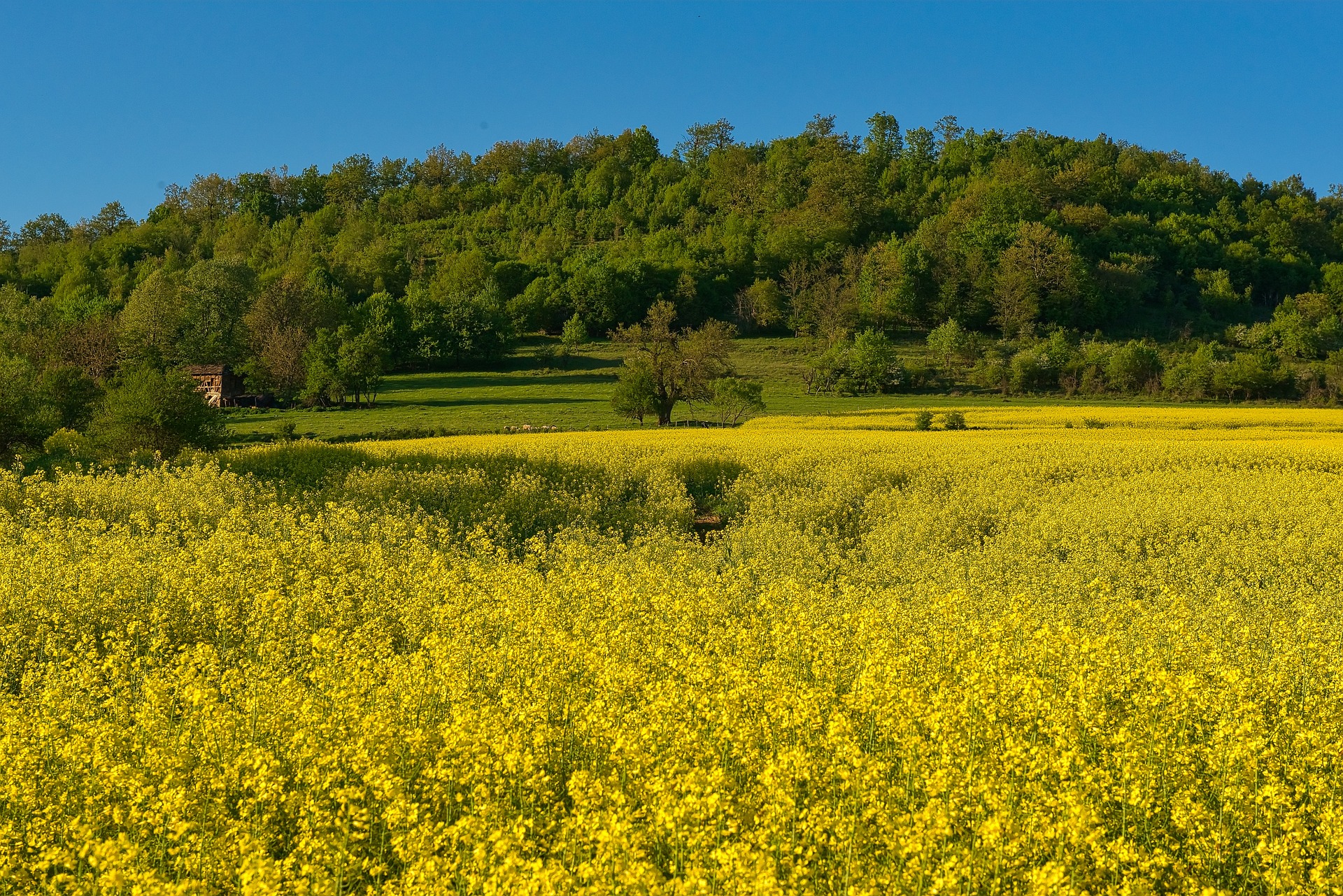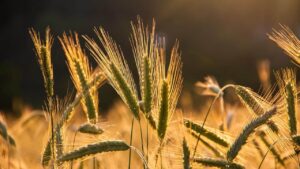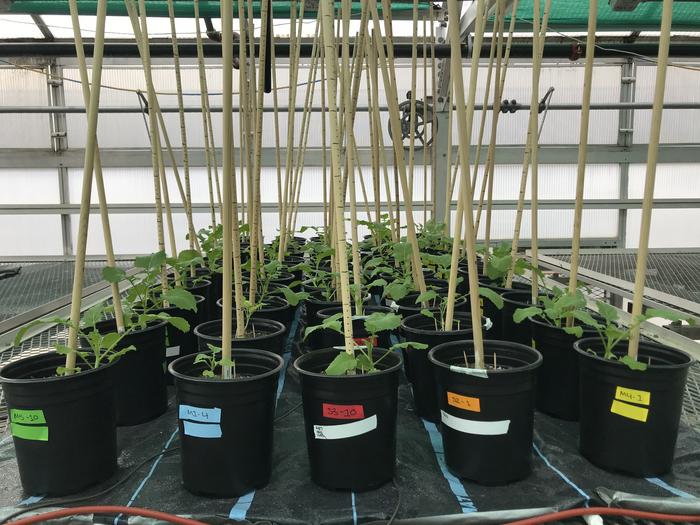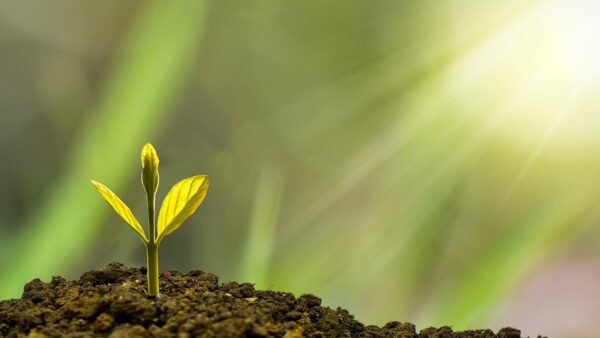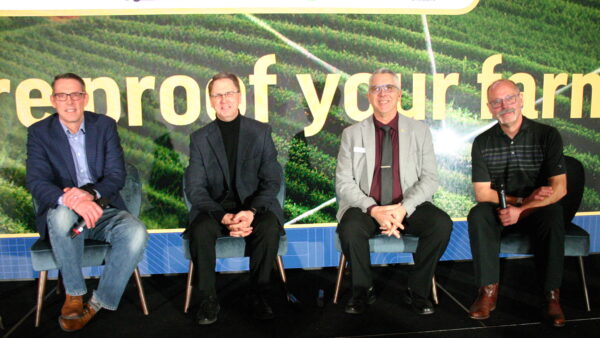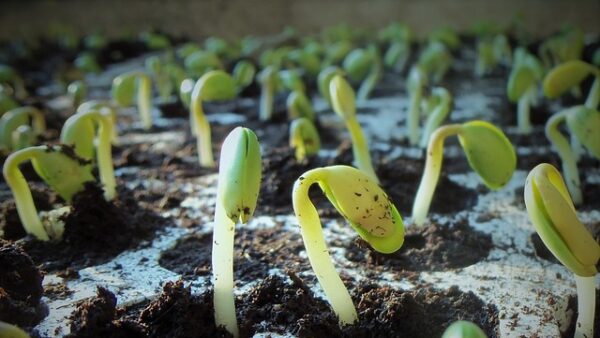Just as humans receive the first members of their microbiomes from their mothers, seeds may harbor some of the first microorganisms plants encounter. While these initial microbes could become influential players in the plants’ microbiomes, the microbial communities that colonize seeds have not received as much attention as root, shoot or soil microbiomes. To understand how seed microbiomes are assembled, a group of researchers at the University of Saskatchewan (Canada) examined the relative effects of growth environment and plant genotype on the seed microbiome of canola, a globally important crop grown in diverse environments.
In their recently published paper in Phytobiomes Journal, Zayda Morales Moreira, Bobbi Helgason, and James Germida characterized the seed microbiomes of eight canola lines harvested in different years and from different sites in Saskatchewan that are representative of local canola growing regions. They found that seed microbiomes differed not only by harvest year and location, but also by the variety of canola, indicating that both genetic and environmental factors play important roles in seed microbiome assembly. These findings suggest that both plant breeding and seed production conditions could be used to shape beneficial seed microbiomes. Lead author Zayda Morales Moreira believes “increasing our knowledge of how microbial communities carried by seeds are assembled, transmitted, and preserved offers a promising way for breeding programs to consider microbial communities when selecting for more resilient and productive cultivars.”
This paper lays the groundwork for future research into the seed microbiome, such as examining how these differently assembled communities of microbes affect plant growth and resilience. Their results also suggest the presence of a core microbiome in all seed samples that includes potentially beneficial microbes such as Pseudomonas spp., which are known to promote plant growth. If seed-derived microbes improve seedling survival or become key components of the microbiome throughout the plants’ life cycles, optimizing seed microbiomes — through breeding or seed inoculants — could be an important tool for managing plant microbiomes in agriculture. The authors hope that understanding the seed microbiome will advance current sustainable agricultural practices and breeding techniques.
Source: American Phytopathological Society


